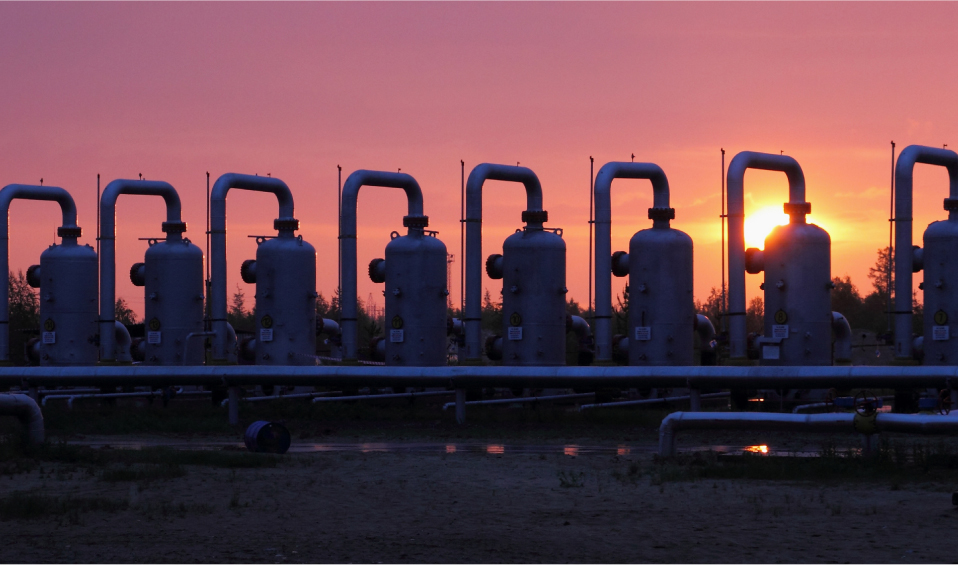
Thanks to ESCP Business School's Energy Management Centre wide network in the academic and business communities, our views on energy news give you comprehensive insight into energy issues.
Please join us...
Although carbon emissions factors from electricity generation vary according to their net calorific values and efficiencies, natural gas with about 400 gCO2 per kWh is clearly the lowest of the fossil fuels. For those concerned with the need to move to a low carbon future, and quickly - especially those who have negative views about nuclear power - natural gas would appear to be the obvious bridge to that low carbon future as far as electricity generation is concerned, with a reliance on renewable energy, and avoidance of the potentially catastrophic consequences of human-induced climatic change. However, it scarcely touches the transportation sector. In this short Note I suggest, without going into the challenges of a renewable energy future or the uncertainties and complexities surrounding the subject of climatic change (topics I intend to cover in a talk at the ESCP Paris Campus on May 31st), that the natural gas sector faces its own severe challenges. These challenges largely come about due to the internal contradictions and unforeseen consequences of energy policies in all too many countries.
Watching with carefully hidden uneasiness the controversial mid-term result of depressed global oil prices, that the Kingdom of Saudi Arabia has heavy-handedly imposed on OPEC, leaders of the desert monarchy have proclaimed an unrivalled ambitious plan, named Vision 2030, to reform itself from within, restructure oil-dependent economy and emerge as a beacon of the ‘brave new Arab world’ (whatever it might mean in this case) in a matter of just 15 years.
The brains or at least the driving force of the reformist wing under the roof of the House of Saud is indisputably Deputy Crown Prince Mohammed bin Salman. The Prince promised “urbi et orbi”, in other words to King Salman’s loyal subjects and the outer world that by 2020 Saudi Arabia will no longer be hostage to the volatility on the oil markets because oil production will be dethroned from its present dominant position as the main revenues-generator and, as such, the bread-earner for the local elites and wider population.
The aspirations of Bulgaria to become a major regional energy hub have acquired some solid ground. By the end of April, nine companies have submitted non-binding expressions of interest (EoI) to book capacity in the Greece-Bulgaria gas interconnector (ICGB), which is in tune with the European Union’s energy policies. The list of companies features UK Noble Energy, Italy’s Edison, Azerbaijan’s Socar, Greece’s Depa and Gastrade, Bulgaria’s Bulgargaz, etc. The timeline stipulates submission of binding offers by mid-2016.
Bulgarian Prime Minister Boiko Borysov has long mounted a campaign, reaching out to Brussels as well, in favour of ensuring energy security in the mid-term (see. “Bulgaria's energy agenda. The virtue of flexibility”, http://www.eiranews.com/volume-3-issue-6/bulgarias-energy-agenda-the-virtue-of-flexibility/) by using every chance of bringing on board various suppliers, constructing a network of interconnectors linking up with Greece, Romania and Serbia, and earning revenues from tariffs to be paid by Austrian OMV for the use of Bulgarian pipeline network to channel gas produced at the Neptun concessionary block in the Black Sea.
That is the question put to Italians on April 17. They were invited to a referendum to decide what to do with the 92 offshore drilling platforms, which are producing hydrocarbons in the country’s territorial water. Most platforms belong to the national energy major, Eni.
The story is a typically Italian one, where the core problem doesn’t matter much but the buzz is around the attached topics.
Since the discovery of oil in commercial quantities at Dammam oil well No.7 in March 4, 1938, Saudi Arabia has been almost totally dependent on the oil-export revenues. Seventy eight years later and a cumulative production of 146 billion barrels of oil (bb) since then, Saudi Arabia’s budget is still dependent on the oil revenues to the tune of 90%.
This is a moment of high anxiety in Saudi Arabia. Oil prices, currently $48/barrel, are less than half the level the Saudi government needs in order to balance its books. Moreover, its financial reserves are depleting very fast.




527 Finchley Road
London NW3 7BG
United Kingdom
Tel: +44 (0)20 7443 8800
Fax: +44 (0)20 7443 8845
E-mail: [email protected]










